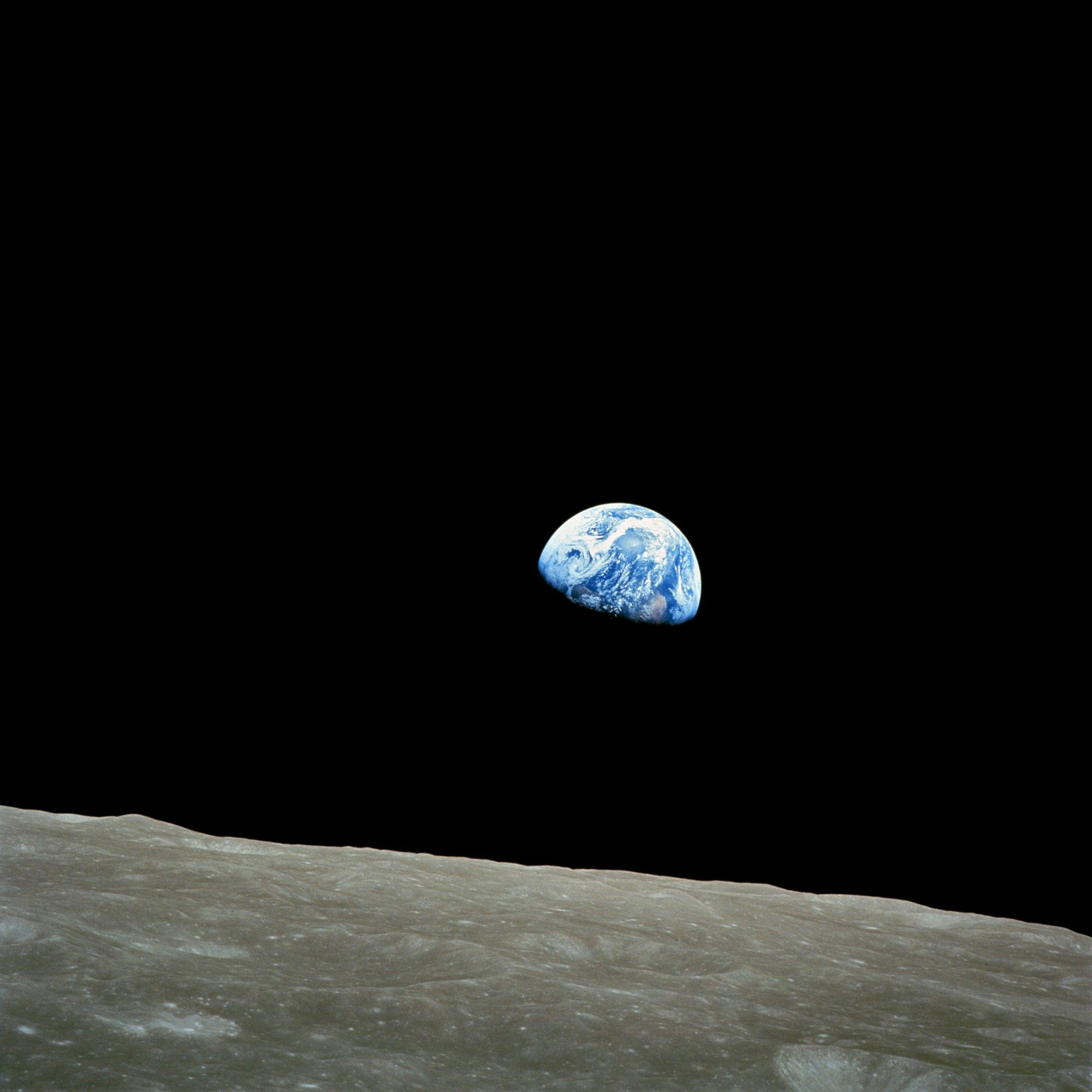Legal Challenges in Space Exploration: A New Frontier
Introduction: As humanity ventures further into space, a complex web of legal questions emerges. From property rights on celestial bodies to liability for space debris, the field of space law is rapidly evolving. This article explores the intricate legal landscape of space exploration and its implications for future cosmic endeavors.

The Outer Space Treaty established fundamental principles, including the prohibition of national appropriation of celestial bodies and the peaceful use of outer space. It also laid the groundwork for international cooperation in space exploration and scientific research. However, as space activities have become more diverse and complex, new legal challenges have arisen that were not anticipated by the original treaty.
Property Rights in Space
One of the most contentious issues in space law revolves around property rights on celestial bodies. The Outer Space Treaty prohibits national appropriation of celestial bodies, but it does not explicitly address private ownership. This ambiguity has led to debates over whether individuals or companies can claim ownership of lunar or asteroid resources.
Some countries, like the United States, have passed legislation to encourage commercial space activities by granting companies rights to resources they extract from celestial bodies. The U.S. Space Act of 2015, for example, allows American companies to own and sell space resources they obtain. However, this unilateral approach has been criticized by some nations as potentially violating international law.
The lack of clear international consensus on this issue poses significant challenges for future space mining operations and lunar settlements. As technology advances and commercial interest in space resources grows, the need for a comprehensive international framework governing property rights in space becomes increasingly urgent.
Liability and Space Debris
Another critical area of space law concerns liability for damages caused by space activities, particularly the issue of space debris. As the number of satellites and space missions increases, so does the amount of orbital debris. This space junk poses significant risks to operational satellites and spacecraft.
The Convention on International Liability for Damage Caused by Space Objects, adopted in 1972, establishes a liability regime for damages caused by space objects. However, the convention does not adequately address the complexities of modern space activities, particularly the issue of space debris.
Current legal frameworks struggle to assign responsibility for debris removal or damages caused by unidentified debris. This gap in regulation has led to calls for new international agreements to address space traffic management and debris mitigation. Some proposed solutions include mandatory end-of-life disposal plans for satellites and the development of active debris removal technologies.
Militarization of Space
The potential militarization of space presents another significant legal challenge. While the Outer Space Treaty prohibits the placement of weapons of mass destruction in orbit, it does not explicitly ban all military activities in space. This ambiguity has led to concerns about the development of space-based weapons and anti-satellite capabilities.
Recent years have seen increased military interest in space, with several countries establishing dedicated space forces. This trend raises questions about the interpretation and enforcement of existing space treaties. The international community faces the challenge of balancing national security interests with the principle of peaceful use of outer space.
Efforts to negotiate new treaties addressing the militarization of space have been hampered by geopolitical tensions and differing national interests. The prevention of an arms race in outer space remains a critical objective for many in the international legal community.
Emerging Legal Frontiers
As space exploration pushes into new frontiers, novel legal questions continue to emerge. The potential for human settlements on Mars or the Moon raises complex issues of governance and jurisdiction. How will Earth-based laws apply to permanent extraterrestrial settlements? What rights and protections will space colonists have?
Additionally, the search for extraterrestrial intelligence poses unique legal and ethical challenges. The discovery of alien life would have profound implications for international law and potentially require a complete reevaluation of existing space treaties.
The commercialization of space travel also brings new legal considerations. As private companies begin offering space tourism services, questions arise about passenger rights, liability, and insurance in the context of space travel. The development of a comprehensive legal framework for commercial space activities is crucial to ensure safety and fairness in this emerging industry.
In conclusion, the field of space law stands at a critical juncture. As technology advances and space activities diversify, the legal framework governing these endeavors must evolve. International cooperation and forward-thinking legislation will be essential to address the complex legal challenges of space exploration while promoting responsible and peaceful use of outer space for the benefit of all humanity.






